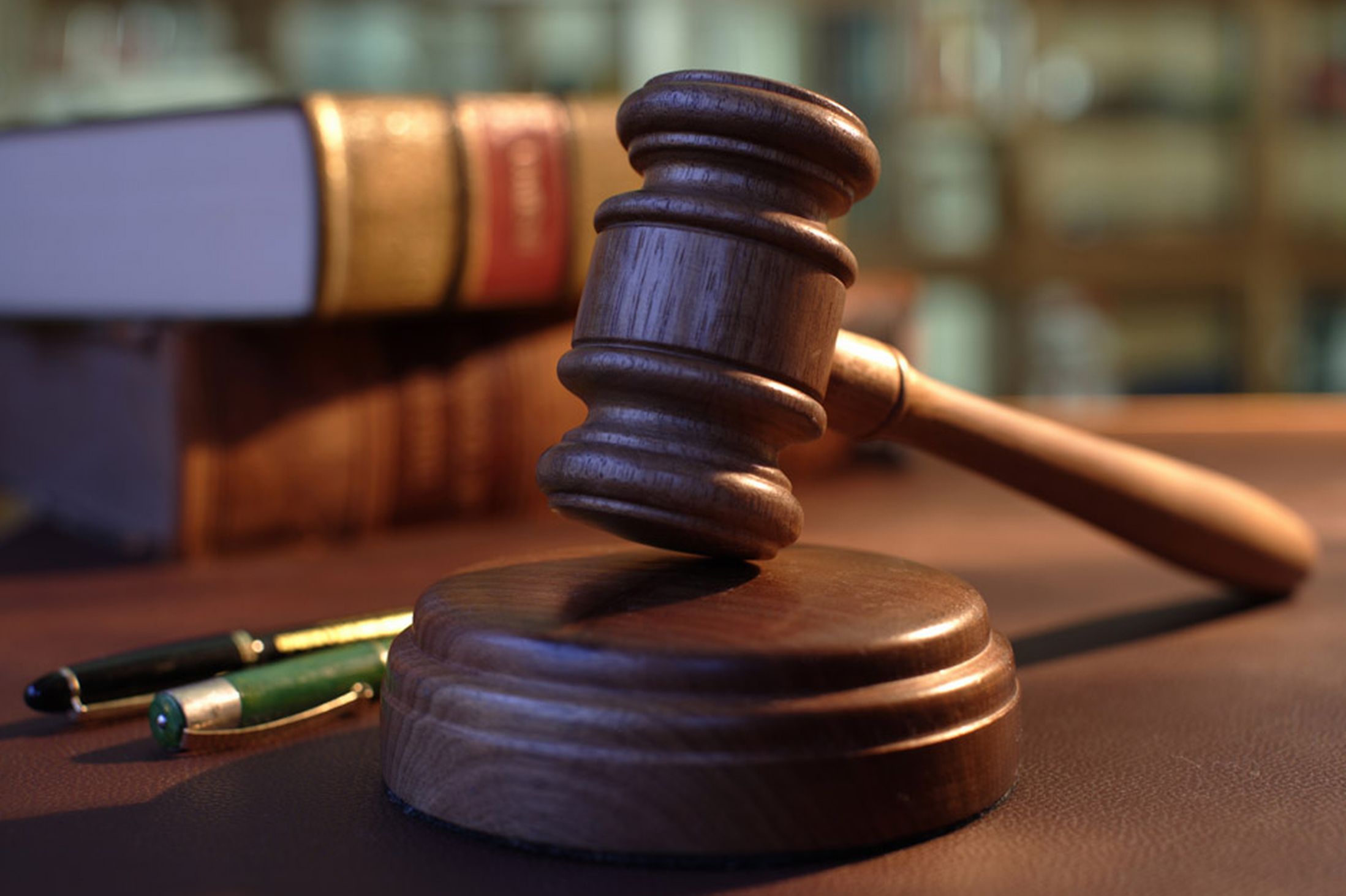
AS a contest for political power, elections by their nature invite disputes in all countries, whether developing or developed.
Opinion: Dumisani Ncube
Courts have the principal responsibility of addressing disputes, but often and especially in developing countries their function is compromised by lack of judicial independence.
Global history has shown that grievances not properly handled possess the latency to precipitate in mass protests and violence, thus undermining the legitimacy of the election.
The Zimbabwean election has been thrown into the courts as the main opposition, MDC Alliance, yesterday filed a court application in a bid to nullify the presidential result.
The electoral management body, the Zimbabwe Electoral Commission, declared Emmerson Mnangagwa of Zanu PF as the winner with 50,8%, while his main challenger, Nelson Chamisa got 44,3% of the vote.
The court application comes as a litmus test for the judiciary, which in previous election disputes has struggled to maintain its independence.
According to the United Nations’ basic principles on the independence of the judiciary and the UN special rapporteur on the independence of judges, the bench is sacrosanct, and its well-considered decisions, though contestable by professional legal means, should not be subject to any outside influence, including the influence of the executive.
- Chamisa under fire over US$120K donation
- Mavhunga puts DeMbare into Chibuku quarterfinals
- Pension funds bet on Cabora Bassa oilfields
- Councils defy govt fire tender directive
Keep Reading
Election petitions during the Robert Mugabe era were thrown into the doldrums as the despotic regime exerted undue force over the key institution.
For decades, the judiciary in Zimbabwe has been subject to capture by the State and ruling party as evidenced in the failure to try cases of gross human rights violations.
As a result, the judiciary lacks jurisprudence in dealing with cases where the executive is in question.
The petition by the opposition comes against a backdrop of the following factors that stand to threaten the independence of the judiciary:
November 2017 events
The judiciary stood by and watched as the military subverted a constitutionally-elected civilian authority under the auspices of restoring a legacy, which subsequently proved to be a way of mitigating Zanu PF internal politics.
The Constitutional Court further dismissed applications for the annulment of Mnangagwa’s rise to power.
These events coupled with numerous examples of previous election petitions and other human rights violations present a litmus test on the independence of the judiciary.
Appointment to the judiciary
The appointment of senior judiciary service officers; the Chief Justice, Deputy Chief Justice and the Judge President of the High Court as a sole prerogative of the President infringes on their neutrality and impartiality. It is highly unlikely that the determination of the case may not be based on merit, but subservience to the paymaster.
Militarisation of the State
The evident militarisation of the State poses a serious threat to the independence of the judiciary particularly when the former acts in a manner that is above the law.
The attitude displayed by the Zimbabwe Defence Forces in the recent shootings of civilians and failure by relevant authorities to take responsibility for the command that claimed innocent lives further creates an environment of fear and uncertainty.
A sense of lack of protection by the State within the judiciary will likely result in determinations made in fear despite validity of the claims presented by the opposition.
Media reports
State media reports indicate that a date for the inauguration for the President-elect has been set and recently senior government officials are alleged to be alluding to the same. Print media is also flooded with congratulatory messages, yet there is a pending court case.
Reports of this nature hold enormous potential to armtwist the judiciary into making coerced decisions in determining the court application. The judiciary in Zimbabwe is duty bound to emulate the Kenyan scenario which displayed impartiality and maintained its sacrosanct nature in the manner in which it handled the presidential election dispute in their previous election.
An independent judiciary is generally understood to be one which is not under the influence of the branches of government or subject to manipulation or undue influence by private or partisan interests.











